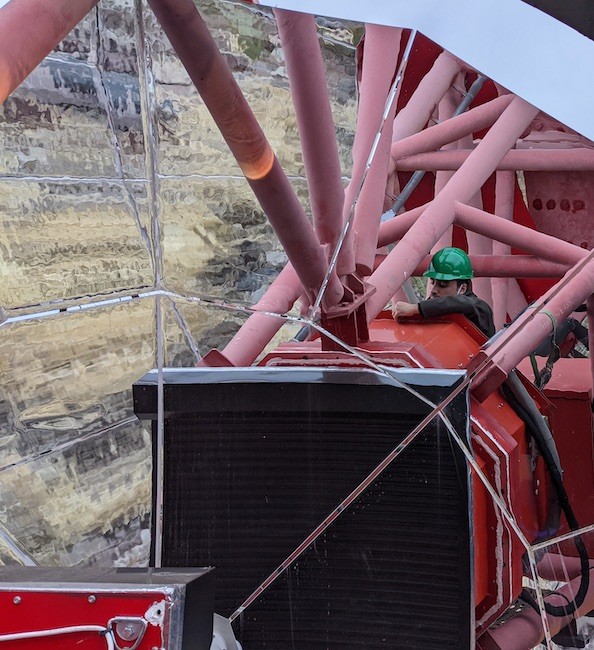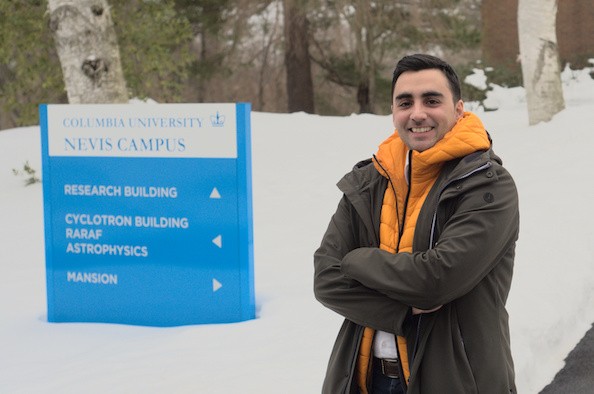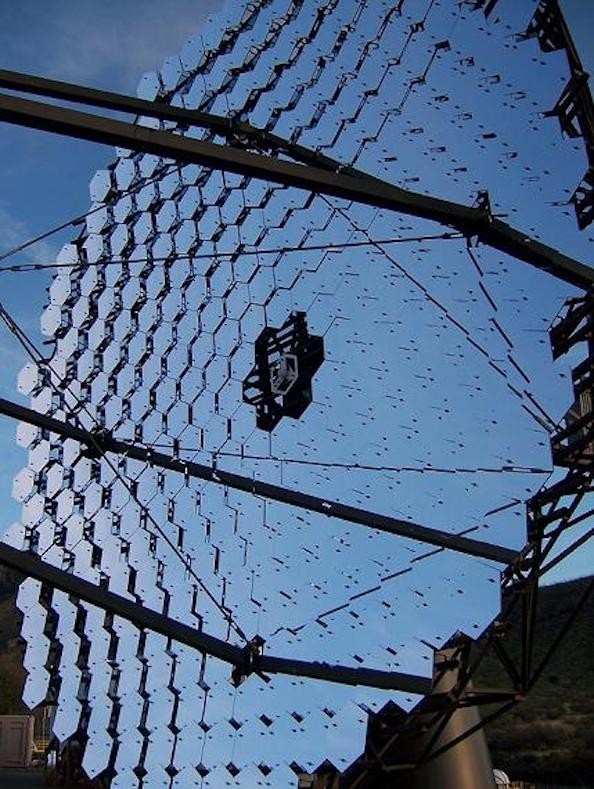They will not turn you into a green rampaging monster in shorts, but gamma rays bear compelling witness to the most extraordinary and powerful phenomena in our Universe. From our Sun to the leftovers of stars and black holes, gamma rays open a wide window on explosive events at energies up to a thousand billions times greater than what we can see with our own eyes and beyond.
In this talk Dr. Capasso will introduce gamma-ray astronomy, its main science topics and instruments, from some of the most important space missions to ground-based observatories. Among the latter, the Very Energetic Radiation Imaging Telescope Array System (VERITAS) plays an important role in the international community, not only for “conventional” gamma-ray astronomy, but also for unconventional applications such as measuring the size of stars with unprecedented precision. Building on this heritage, US scientists have led an international collaboration to build a prototype gamma-ray telescope featuring state of the art mirror, detector and electronics technology: the prototype Schwarzschild-Couder Telescope (pSCT).
Live from the VERITAS site, at the Fred Lawrence Whipple Observatory in Arizona, we will embark on a journey that will show us the humbling greatness of the Universe we live in, from the stars to the ground and upwards again.
Do not miss the appointment with the upcoming lectures! Follow https://www.nevis.columbia.edu/events/science-on-hudson.html


